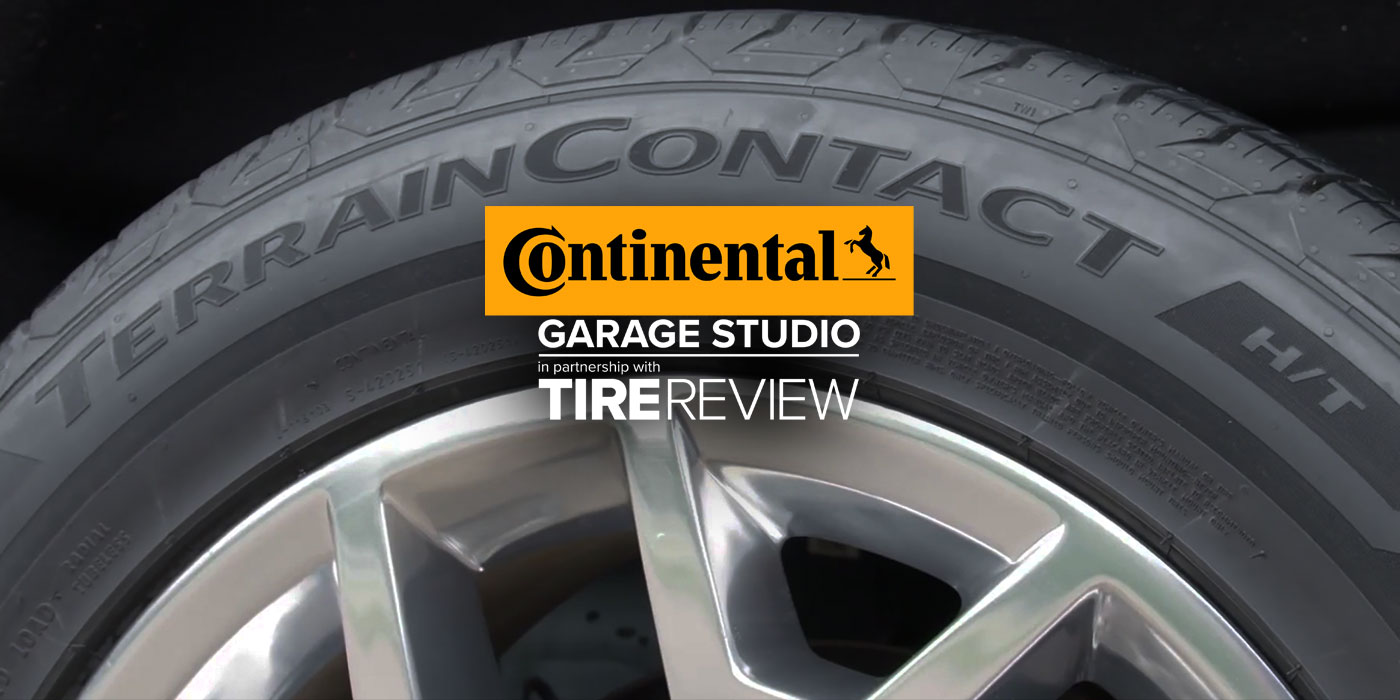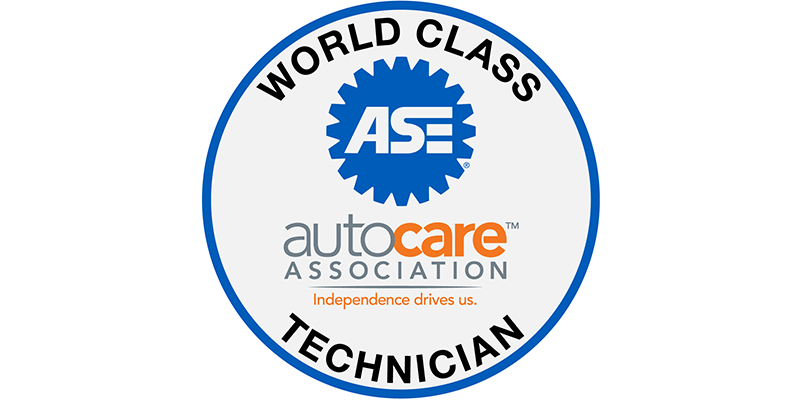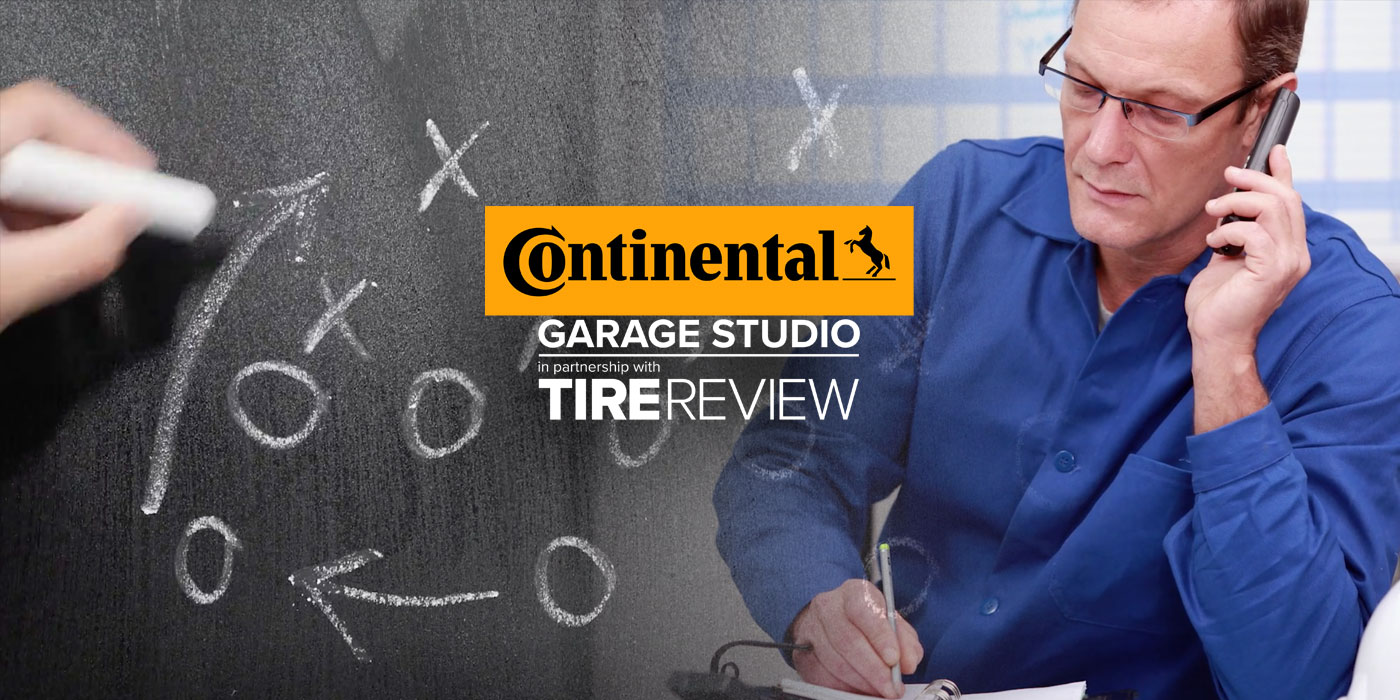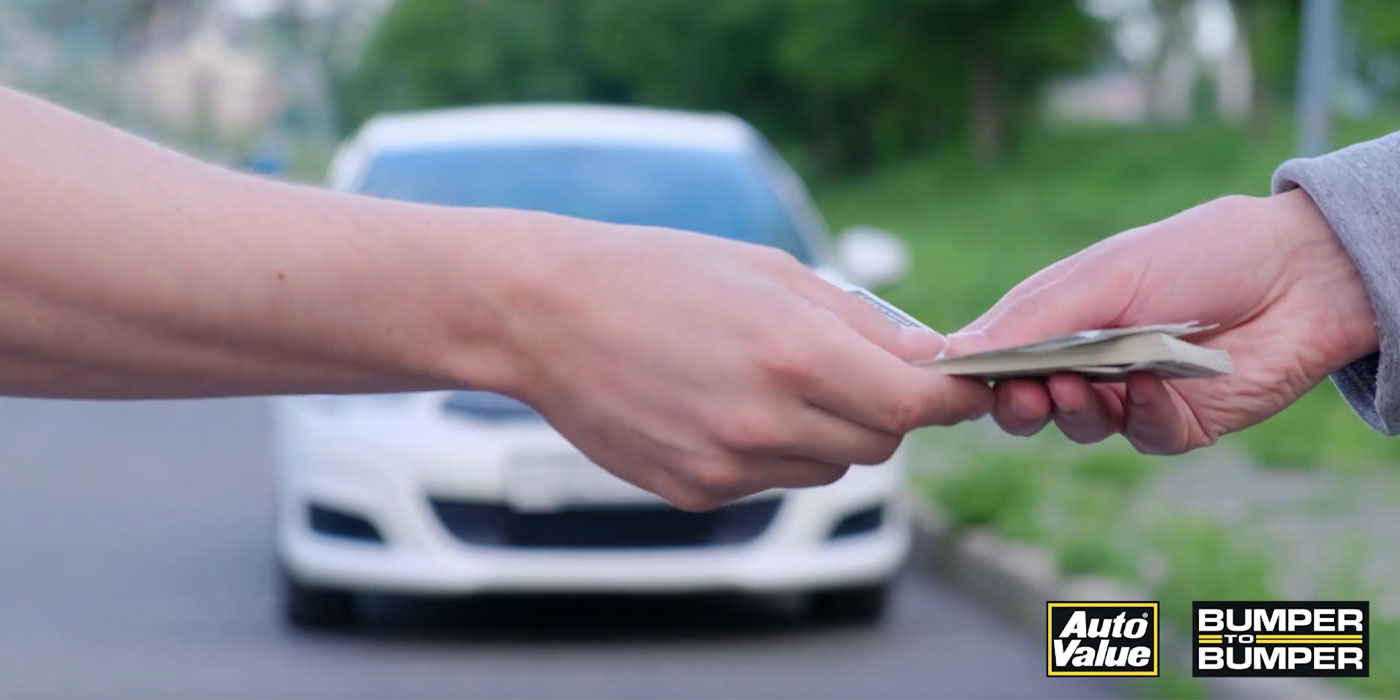There are many important tools that we use every day in our businesses. There are literally thousands of wrenches, screwdrivers, hammers, diagnostic tools and heavy equipment that are used to repair vehicles. Add to that computers, calculators, pens, credit card machines and a host of other items used in selling and processing invoices and collecting payments from customers. All of these are vitally important to running a successful tire and service business.
The most important tool, though often taken for granted, is the phone. That’s right, the phones that sit on the counters and service desks of every shop. If you have doubts, try unplugging them for a day and see what happens to your business!
What amazes me is the cavalier attitude that so many people seem to have in recognizing the value of the phone and the powerful affect it has on our businesses. We all learn how to properly set a lift, use a diagnostic tool, mount and balance a tire or properly torque the lug nuts on a vehicle. But, we seldom attend any type of training on how to effectively use the phone. We just grab the receiver and start talking.
For those who watch TV, I would encourage you to spend an hour watching an episode of “The Voice.” If you haven’t seen the show, it’s a reality singing competition where unsigned singing talent compete for a large cash prize and a record deal. It starts with what is called the “blind auditions.” Four judges who are well-known artists sit in large chairs with their backs to the singer auditioning. The contestant walks on the stage and sings their heart out in hopes that one of the judges will turn around and be their coach so they can compete for the grand prize. The judges only hear the voice – they have no idea what the person looks like or their stage presence until they turn around. The bottom-line is if you don’t impress the judges with your voice, you don’t get into the competition.
Answering the phone in your shop is exactly like this competition. The person calling can’t see us – they can only judge us by our voice. We need to impress the person on the other end of the line, and if we don’t, we potentially never get the chance to get them into our store to work with them. Everyone in the store needs to be professional when addressing customers on the phone, even the people in the shop bays. Quite often someone in the shop will answer a phone to help when the sales team is busy, which is why I stress everyone in the store.
“You never get a second chance to make a first impression” and if the person answering the phone is not professional, you may lose the chance to get that person on the other end of the line as a customer.
Typically, a person will call three to five businesses before they decide to purchase. Recent studies show that less than 25% of the people that call you will actually visit your store. If you add up the calls each day and factor in those people who called and, for one reason or another, were dissuaded from using you, this has the potential of representing a lot of business.
When a tech works on a vehicle, their tools are close at hand. When you consider the phone to be a tool, be sure you have the right accessories to support its performance. Be prepared for any calls with sales tools within reach. Make sure you have a pen and pad of paper by each phone for notes. Ideally, the POS system should be next to the phone to access information and pricing. Make sure a tire fitment guide is also nearby, along with product information, a calculator and access to the bay schedule.
It all starts with making sure you are always in the right frame of mind before you pick up the receiver. Take a deep breath, clear your mind, smile and answer energetically. Try and get the phone in less than three rings. My suggestion is to have a standard greeting that everyone in the store uses, like “Thank you for calling ABC Tire and Service, this is Dave, how can we help you today?” This identifies the business, who the customer is talking to, and gets the customer talking.
If possible, get the customer’s name and use it throughout the conversation. People like hearing their name – this helps make the call more personal and memorable. If the customer doesn’t start with their name, then this is the ideal place to ask for it: “I’d be happy to help you with that – can I start by asking your name, please?” This approach is the same whether the caller is looking for a tire price or inquiring about service.
Once you have the customer’s name, if they are looking for a tire price, your next question should be, “Thanks (Mike), can I please get the year, make and model of your vehicle?” Never ask for the tire size first. Customers normally do not know the correct size or the nomenclature, and you need the correct service description for safe and proper fitment. Only ask after looking up options to make sure they match. While looking up the vehicle info and tire size, fill the dead time with telling the caller about your store and some of the advantages of buying from you. Try to find something in common with the customer (driving habits, hobbies, difficulties with children, etc.) and converse with them while searching the database. Then before you give them the price, give them your spiel, “We offer free tire rotation for the life of the tire. We offer free alignment check, free brake inspection. All free, free, free” – trying to get that word stuck in their head.
If the customer requests a specific brand, I would start with it and build from there: “Mike, the Michelin in your size is $224. We also carry all the other major brands as well.” The customer now knows they have options. Unless they’ve asked for a specific brand, mention that you have several options available. Start with the lowest price tire, or quote a price range: “Mike, we have six different options in that size, between $96 and $178 per tire.”
It seems that more customers today are looking for the lowest price, so including the mounting package and taxes may not be competitive. With a service call, be careful with quoting an exact price unless it’s for a standard service like an oil change or alignment. The suggestion here is to quote a range and offer a free inspection to verify what is needed. Know your competition and be consistent within your market, and don’t price yourself out of the game!
You should always try and “sell the visit.” If you can get the caller into the store to look at the tire (or the vehicle on the lift to evaluate a service problem), 75% to 90% will purchase. Make sure the caller knows the store hours and ask to make sure they know where you are located. Invite them to stop by at a specific time as a convenience to them.
Once an appointment is scheduled, close the call with a thank you, confirm the appointment day and time, and the shop’s promise: “Again, my name is Dave. Ask for me when you come in, and see how we treat customers like family.”
What differentiates a professional salesperson on the phone are the intangible factors. They sound more professional. They discuss what’s important to the caller, and they explain why they should be buying from you. Like on “The Voice,” callers can’t see you, but your posture, voice inflection, tone, understandability and rate of speech all effect how you come across on the call.
If a customer walks in during the call, acknowledge the walk-in customer with a simple motion and let them know you will be right with them. Always be smiling to make them comfortable. If you need to put the customer on hold, ask the caller’s permission first. Hold time should be kept to 30 seconds or less. Get the customer’s name and phone number if a long hold time is unavoidable. Then call them back ASAP.
Remember these eight tips to a professional call:
1. Decide to be a good listener; don’t interrupt the caller.
2. Be friendly and smile (believe it or not, a smile comes across to the caller and many will mention they enjoyed our brief conversation).
3. Ask good questions and find out their needs.
4. Be efficient and effective (time is important to people).
5. Establish why callers should buy from your store (basically, what differentiates you from the competition).
6. Focus on building a relationship.
7. Take notes and review benefits with caller.
8. Ask for a commitment (sell the visit).
What gets measured gets achieved. That is so true in every element of business – and the phone is no different.
There are several companies in the industry that offer a “Telephone Mystery Shopper Program.” It’s a small monthly investment that will keep your entire team on their toes. Track the results and share the recorded calls during team meetings. If you have calls recorded from competitors, share those as well and let your team evaluate each one. This will all help set a standard of professionalism that can be reinforced with consistency.
The phone truly is the most important tool in the toolbox. Like any other tool, take the time to learn how to use it properly, and it will pay off in huge dividends to your business.
An industry veteran of 40 years, Dave Crawford serves as a business consultant and trainer specializing in the evaluation of retail tire businesses for operational effectiveness. He can be reached at [email protected].













